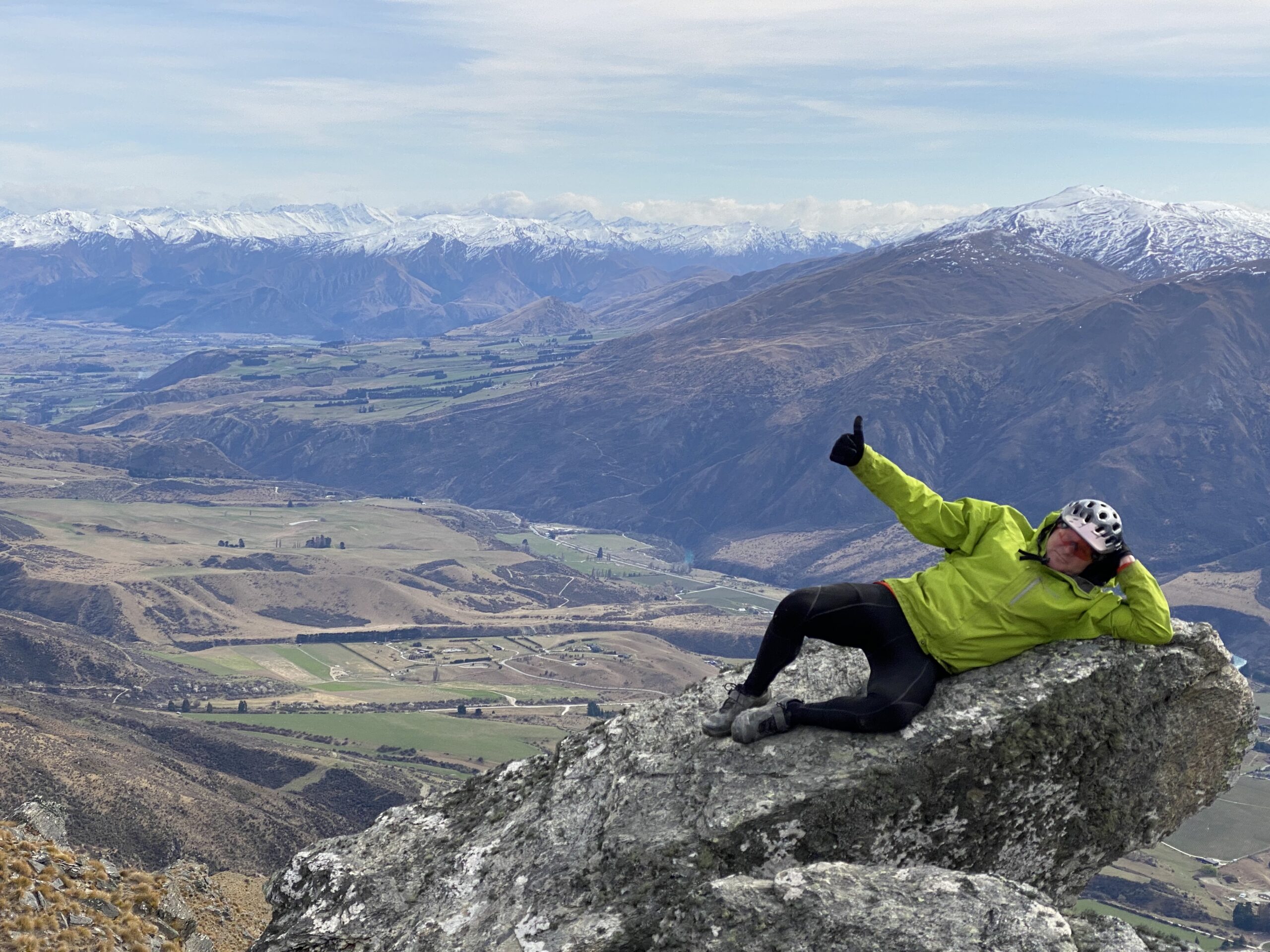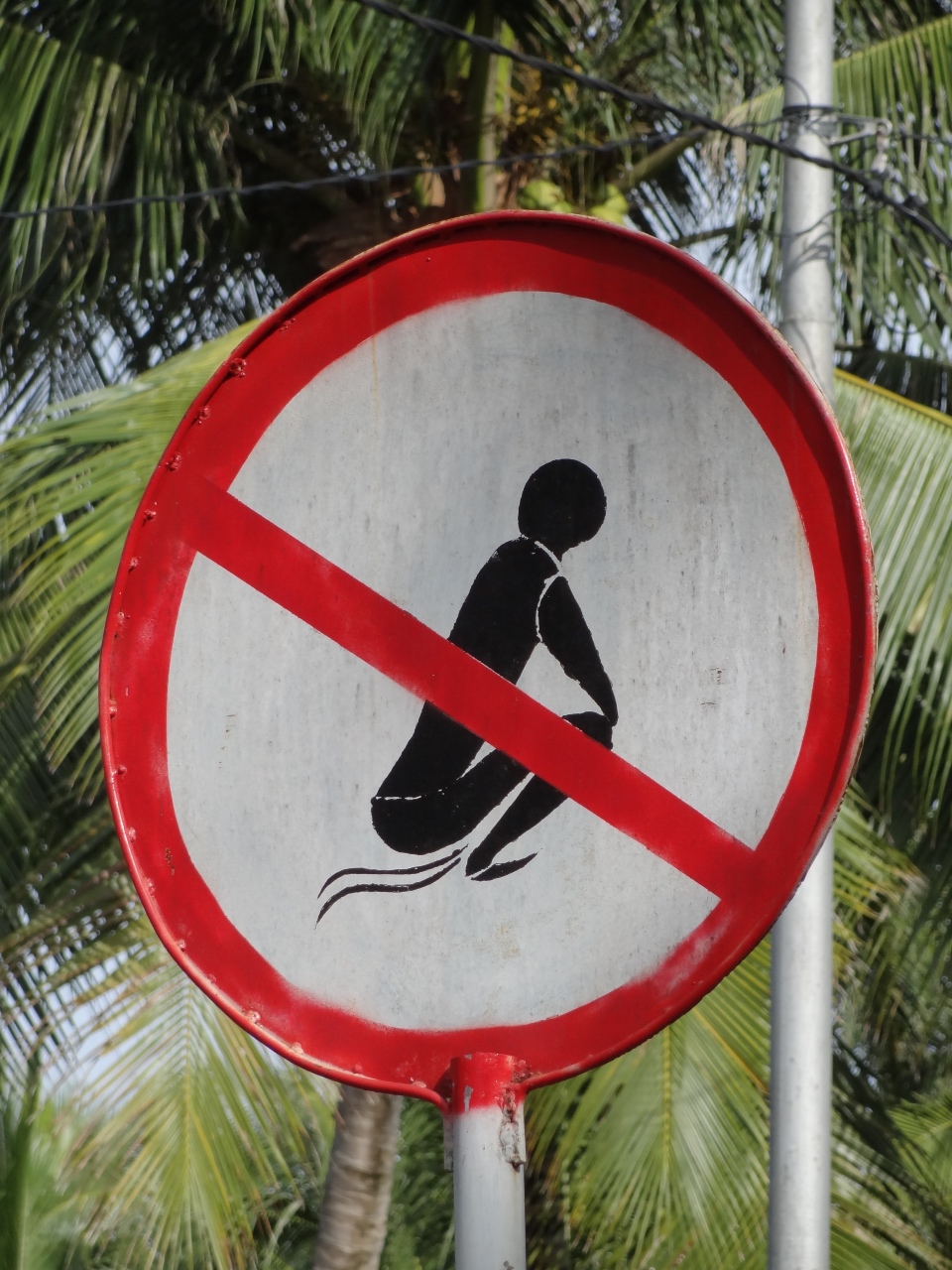Today’s local ride gave us a great view of our house – which is about Chris’s leg length left of his right knee! The place with the big row of dark green trees in the foreground of the valley below.
I have been discussing vaccination issues with my friend Phil, including debating whether people act in their own best interests, or not. Richard Thaler won the Nobel Prize for economics in 2017, for his work demonstrating that limited rationality, social preferences, and lack of self-control systematically affect human decisions, and thus market outcomes. Thaler is a proponent of ‘behavioural economics’, where the actual behaviours of humans are incorporated in economic models, rather than a traditional set of assumptions about human beings, which do not necessarily describe human behaviour very well. When asked what his most important contribution to economics was, Thaler said “…the recognition that economic agents are human, and that economic models have to incorporate that”.
Thaler’s work shows that, in multiple different cases, humans do not appear to act in their own best interests. This seems both obvious and puzzling, at the same time. People deliberately don’t act in their own best interests? Why would they do that? Then we think of people eating lots of junk food, including when they get to change between COVID Levels.
We typically say that people eating what we regard as poor quality food, are not acting in their own best interests, because they seeking immediate gratification rather than thinking of the long term effects of such behaviour. ‘Best interests’ gets equated with ‘long term’. I was thinking timeframes after hearing an older friend has recently been diagnosed with Type 2 diabetes and has quite high blood sugar levels. The worst possible outcome of extremely high blood sugar is going into a hyperglycaemic coma and not recovering consciousness. One could therefore say this person’s ‘best interests’ would be served by them doing everything possible to lower their blood sugar. However, what say the person doesn’t have that many activities they can do any more, but really enjoys a few glasses of wine every evening? Alcohol is well known to destabilise blood sugar levels. The person’s physical longevity might be best served by not having alcohol, but their enjoyment of life is going to be significantly diminished. How do you balance which is the ‘best’ of those interests?
How about I pop into a fast food restaurant and eat some junk food. I get immediate gratification which I think is in my immediate best interest – making me momentarily happy – even though dieticians would say I should be thinking long term and the causative effect of my food choices in hardening my arteries or resulting in me developing diabetes or cancer. I step out of the restaurant, go to cross the kerb, get run over by a bus and die. My best interests were definitely served – I died happy and full! Obviously, I didn’t know that I was going to get run over by a bus, but nor do I know how long I am going to live at any point in time, for all sorts of reasons including many outside my control. Can I be simultaneously acting in my best interests and not in my best interests, because I don’t know what the plot line of the story is?
I have been thinking about reluctant vaxxers from that same point of view. There’s a lot of anger around people choosing not to get vaccinated and then potentially becoming a burden on the health system once COVID-19 is in the community. In New Zealand today, your likelihood of getting COVID-19 is very low. If you are thinking about getting vaccinated, there is that minuscule probability you will die, very soon, from getting a vaccine. It is minuscule, but it is also possible (noting that the risk of driving is far greater but people do that willingly – I am never going to argue for people always being consistent in their actions).
So, if someone was acting in their own best interests they could validly say, I am not going to have a vaccine until I actually need one. They might choose to wait to get vaccinated, particularly if they are in a demographic that is unlikely to get very ill or die from COVID-19 and/or if they can easily mitigate their exposure risk by not associating with many people once COVID-19 does move into the community. There may be plenty of societal reasons for the person to get a vaccine now, but their immediate choice can be seen to be logical, from the point of view of acting in their own best interests. This isn’t an argument that I like, because it appears counter to acting in the best interests of society at large, but it is an argument that is quite hard to refute, with given that we frequently criticise people for not acting in their own best interests. It’s quite the problem that we never know the plot line before we live the story, so that we can’t figure out which of those interests really is best.

Discover more from Jane Shearer
Subscribe to get the latest posts sent to your email.





One thought on “Which is my bestest interest?”